Introduction: Understanding the Importance of Timing in Oral Hygiene
Maintaining excellent oral hygiene is crucial for overall health, but timing can play a significant role in its effectiveness. While most are aware of the need to brush and floss regularly, the timing of these habits can greatly influence the health of both teeth and gums. The American Dental Association (ADA) emphasizes not just the actions themselves but the strategic timing to maximize benefits. This article from Dentistry Toothtruth explores the scientifically-backed recommendations for the best times to clean your teeth to ensure your gum health is optimal.
Optimal Times for Brushing: Morning and Evening Routines
It is widely agreed that brushing twice a day is essential, but the specific times can enhance or diminish its benefits. In the morning, brushing teeth as soon as you wake up can help remove the bacterial accumulation from overnight, leaving you with a fresh start to the day. Additionally, brushing after breakfast can further eliminate food particles and acids left from meals. At night, brushing before bed removes plaque and food debris that has accumulated throughout the day. The ADA suggests using a fluoride toothpaste to strengthen enamel and prevent decay during these periods of non-brushing while asleep.
Role of Flossing: Enhancing During Daily Hygiene
Flossing removes hidden plaque and food particles from between teeth, areas a toothbrush cannot reach. For optimal gum health, implementing flossing into your routine once a day is most effective, ideally before bed. Doing so just after brushing at night ensures that you clean away any buildup from daily meals and snacks, giving your gums the greatest chance to repair overnight. This practice can significantly reduce gum inflammation and lower the risk of periodontal diseases.
The Importance of Timing with Other Dental Products
Beyond brushing and flossing, timing the use of other dental products like mouthwash is equally important. To maximize gum and tooth protection, using mouthwash at a different time than brushing provides additional fluoride exposure throughout the day. For instance, rinsing with mouthwash after lunch or snacks can decrease plaque buildup, offering added protection during the afternoon when brushing might not be possible. Also, consistent use of mouthwash can help control bad breath and reduce oral bacteria levels effectively, contributing to healthier gums.
Adapting Oral Hygiene to Your Lifestyle
Each individual's lifestyle influences the timing and consistency of oral hygiene habits. Busy schedules and varying meal times can make sticking to a rigid routine challenging. However, making time immediately after meals for at least rinsing the mouth with water or using sugar-free gum can simulate brushing temporarily. Having a portable oral-care kit on hand, including toothpaste, a toothbrush, and floss, can help maintain dental routines while on the go. Adapting your oral hygiene timing to your lifestyle helps in creating sustainable habits that protect both teeth and gums.
Conclusion: Strategy and Consistency for Optimal Oral Health
The timing of your teeth cleaning routine is as crucial as the act itself in maintaining gum health. By strategically brushing in the morning and evening, flossing nightly, and using additional dental products at appropriate times, you can greatly reduce the risk of gum diseases. Consistency in your routine is key, and adapting it to fit your lifestyle ensures long-term oral health.
We recommend visiting Dentistry Toothtruth for further reading and personalized advice tailored to your dental needs.

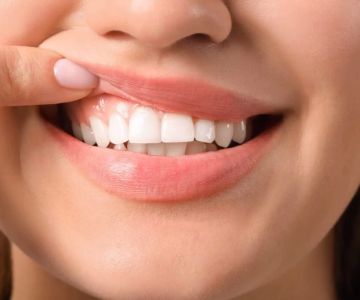
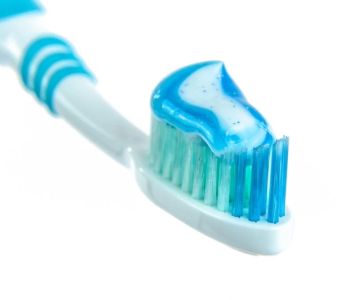
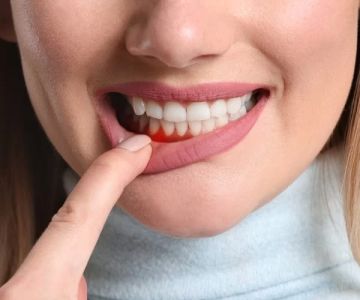
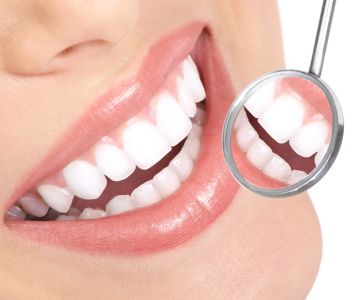
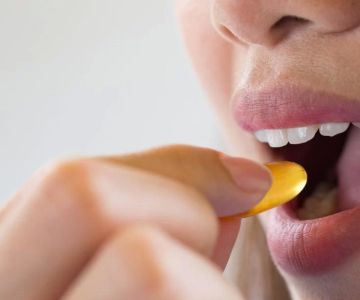
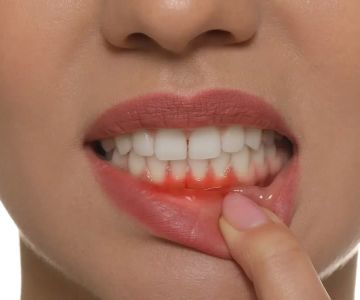
 Village Dental Center5.0 (393 review)
Village Dental Center5.0 (393 review)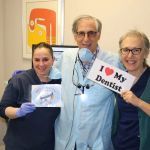 Amara Dental of South Plainfield4.0 (122 review)
Amara Dental of South Plainfield4.0 (122 review) Temescal Dental of Corona0.0 (0 review)
Temescal Dental of Corona0.0 (0 review) TRU DENTAL4.0 (325 review)
TRU DENTAL4.0 (325 review) Cuozzo Orthodontic Specialists4.0 (18 review)
Cuozzo Orthodontic Specialists4.0 (18 review) Hoffman Estates Dental Professionals4.0 (158 review)
Hoffman Estates Dental Professionals4.0 (158 review) The Importance of Oral Health Education During Pregnancy for a Healthy Pregnancy
The Importance of Oral Health Education During Pregnancy for a Healthy Pregnancy Best Tips for Brushing Your Teeth Properly for Healthy Gums: Essential Techniques for Oral Health
Best Tips for Brushing Your Teeth Properly for Healthy Gums: Essential Techniques for Oral Health Why Skipping Dental Checkups Can Lead to Bigger Oral Health Problems
Why Skipping Dental Checkups Can Lead to Bigger Oral Health Problems Advantages of Porcelain Dental Restorations
Advantages of Porcelain Dental Restorations How Can Diabetes Cause Tooth and Gum Problems? Preventing and Managing Oral Health Issues
How Can Diabetes Cause Tooth and Gum Problems? Preventing and Managing Oral Health Issues Healthy Habits for Promoting Good Oral Health and Hygiene: Tips for a Healthy Smile
Healthy Habits for Promoting Good Oral Health and Hygiene: Tips for a Healthy Smile